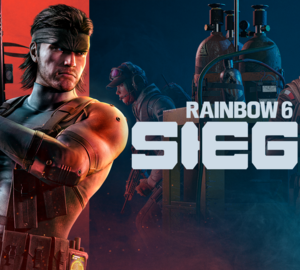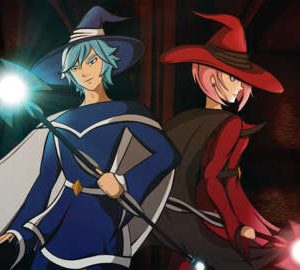The Legend of Zelda: Tears of the Kingdom’s reviews are in, and they’re about what you’d expect: wall-to-wall praise for a game that seems to take much of what made its predecessor great and just make it greater. Yet if you cast your eye down the list of review scores on Metacritic, there’s a single outlier: a 6/10.
The Week In Games: Return To Hyrule
Monday 3:53PM
It’s by Gfinity’s Josh Brown, and at time of publishing it stands as the only mediocre/yellow scored review for the game on the whole site, a fact you can only confirm after scrolling down what feels like an endless sea of 100s and 95s. There are, of course, no negative reviews. The excerpt chosen by Metacritic to reflect Brown’s review reads:
If you’ve yet to step foot into the open world of Hyrule, Tears of the Kingdom is the best way to experience it, with just enough new ground to keep things interesting. But if you didn’t gel with the 2017 release, the story alone might not be worth the second attempt.
Were this 2006—when GameSpot’s Jeff Gerstmann had the nerve to give Twilight Princess a mere 8.8/10—this might constitute a scandal. Thankfully most of us have grown a lot since then, as critics and also just as human beings, but that hasn’t stopped there being some degree of consternation from Zelda fans, who…I dunno, take a lone critic’s review as some personal affront? Are angry that a single 6/10 has knocked the game’s astronomical Metacritic aggregate score a digit or two lower?
The more psychotic among those fans can never be saved, but I’ve also seen some more mild-mannered questioning of the review, even from other websites, so felt like being absolutely clear here: it’s fine. And a 6/10 review for a game that everybody else is giving 90-100 to is a good thing!

Wait, don’t all review scores suck?
I think so! And we, as an outlet—along with some of our peers like Polygon—think that too. Trying to bend text to a score can often do both a disservice, and reducing a game’s “quality” to a single figure feels almost Quixotic. A lot of people still love them and rely on them, though, so this goes out to them.
Brown’s review is everything a scored review needs to be: it’s personal, it clearly lays out what he’s saying and why he’s giving the score, and helps anyone who might share those perspectives understand what the game is about. But it’s also good because of the fact it stands alone like it does.
I can’t believe this needs to be said, but clearly it does: no game is objectively perfect, everyone has different tastes and abilities, and every game caters to those differently. The idea that a game can be unanimously “good” or “bad” is some 1995 shit, and we are better than that. And if you’re not, then you should be trying to be.
It is bad for video games if a major release is unanimously praised, because that’s doing a disservice to the wider audience of people playing video games. Not everyone likes Zelda, not everyone likes everything about Zelda, and it’s important to talk about that and listen to other’s experiences when they’re doing it.
We can—and will—do that over the coming weeks and months and given the success of Breath of the Wild probably years to come, through discussions and opinion pieces and whatever, but for many people reviews—and scored reviews in particular—often stand as the ultimate reference for a game. And if no game is perfect, then no collection of reviews should be either.
























